Solar Panel Where To Buy?
In recent years, the demand for solar panels has surged as more individuals and businesses seek sustainable and cost-effective energy solutions. The quest to find the best place to purchase solar panels can be daunting, given the myriad of options available. This article aims to provide a comprehensive guide on where to buy solar panels, addressing various user demands and preferences.
Understanding the Solar Panel Market
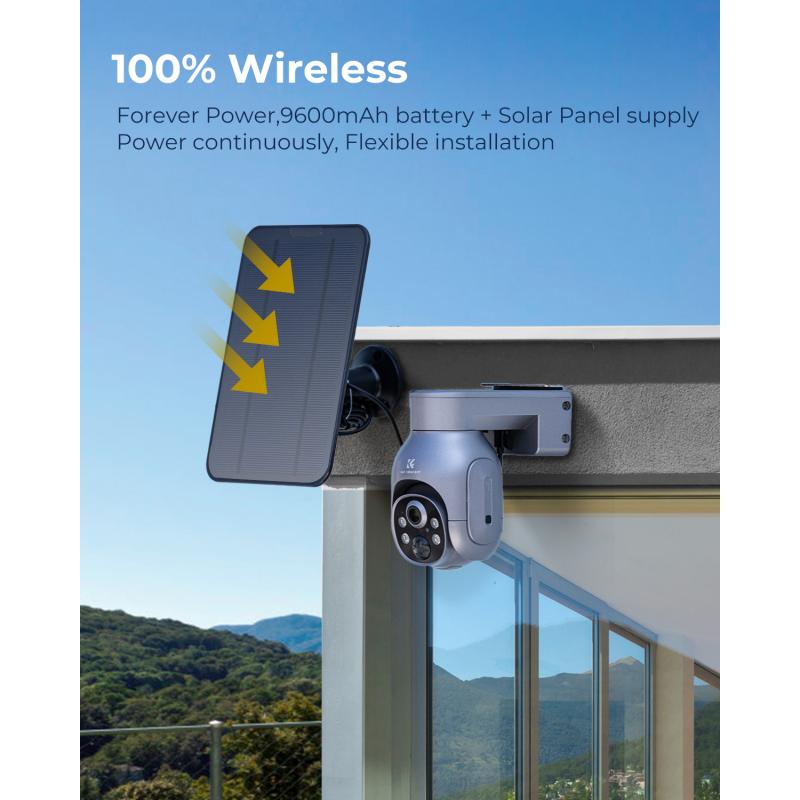
Before diving into where to buy solar panels, it’s essential to understand the market landscape. Solar panels are available through various channels, each with its unique advantages and disadvantages. The primary sources include:
1. Online Retailers
2. Local Solar Installers
3. Wholesale Distributors
4. Home Improvement Stores
5. Direct from Manufacturers
Each of these sources caters to different user needs, from convenience and cost to quality and after-sales service.
Online Retailers
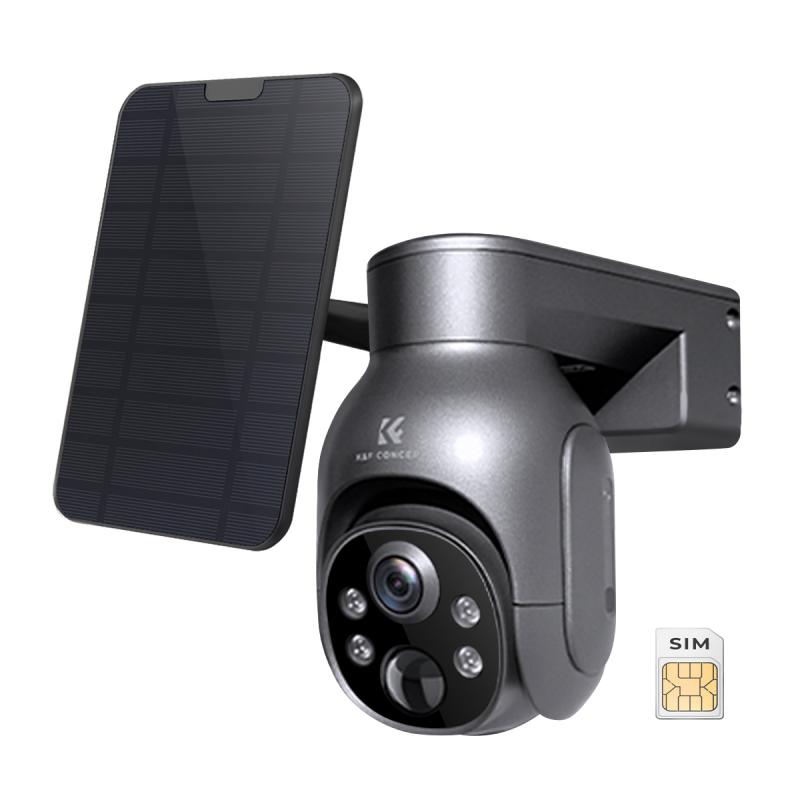
Online retailers have become a popular choice for purchasing solar panels due to their convenience and competitive pricing. Websites like Amazon, eBay, and specialized solar retailers such as SolarPanelStore.com offer a wide range of products. The key benefits of buying from online retailers include:
- Variety: A vast selection of brands and models.
- Price Comparison: Easy to compare prices and features.
- Customer Reviews: Access to user reviews and ratings.
However, there are some drawbacks to consider. Shipping costs can be high due to the size and weight of solar panels, and there may be limited customer support for installation and maintenance.
Local Solar Installers
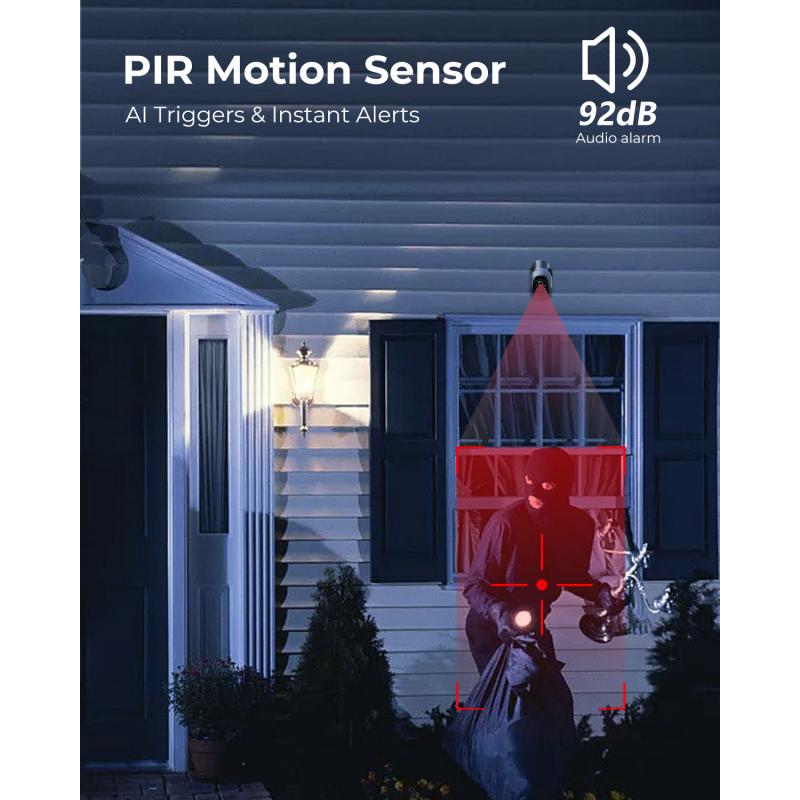
Local solar installers are a preferred choice for many homeowners and businesses. These professionals not only sell solar panels but also offer installation services. The advantages of buying from local installers include:
- Expert Advice: Personalized recommendations based on your specific needs and location.
- Installation Services: Professional installation ensures optimal performance and warranty compliance.
- After-Sales Support: Ongoing maintenance and support services.
The main downside is that local installers may have higher prices compared to online retailers or wholesalers. However, the added value of professional installation and support often justifies the cost.
Wholesale Distributors

For those looking to purchase solar panels in bulk, wholesale distributors are an excellent option. These suppliers cater to large-scale projects and offer significant discounts for bulk purchases. The benefits of buying from wholesale distributors include:
- Cost Savings: Lower prices per unit for bulk orders.
- Availability: Access to a wide range of products and brands.
- Support for Large Projects: Ideal for commercial installations or large residential projects.
The primary disadvantage is that wholesale distributors may not cater to small-scale buyers or individual homeowners. Additionally, they may not offer installation services, requiring buyers to find their own installers.
Home Improvement Stores
Home improvement stores like Home Depot and Lowe’s have also entered the solar panel market. These stores offer a convenient option for homeowners looking to purchase solar panels along with other home improvement supplies. The advantages include:
- Convenience: One-stop-shop for solar panels and other home improvement needs.
- In-Store Assistance: Access to knowledgeable staff for advice and recommendations.
- Local Availability: Easy to visit and inspect products in person.
However, the selection may be limited compared to specialized solar retailers, and prices may be higher than online options.
Direct from Manufacturers
Buying directly from manufacturers is another viable option, especially for those looking for specific brands or custom solutions. Manufacturers like SunPower, LG, and Tesla offer direct sales to consumers. The benefits include:
- Quality Assurance: Direct access to high-quality products with manufacturer warranties.
- Customization: Ability to order custom solutions tailored to specific needs.
- Technical Support: Direct access to manufacturer support and resources.
The main drawback is that not all manufacturers sell directly to consumers, and those that do may have higher prices compared to other sources.
Factors to Consider When Buying Solar Panels
When deciding where to buy solar panels, several factors should be considered to ensure you make the best choice for your needs:
1. Price: Compare prices across different sources to find the best deal. Consider the total cost, including shipping, installation, and any additional fees.
2. Quality: Research the quality and efficiency of the solar panels. Look for reputable brands with positive reviews and strong warranties.
3. Installation: Determine if you need professional installation services or if you can handle a DIY installation. Professional installation may be more expensive but ensures optimal performance and warranty compliance.
4. Support: Consider the level of customer support and after-sales service offered by the seller. This is crucial for ongoing maintenance and troubleshooting.
5. Local Regulations: Check local regulations and incentives for solar panel installations. Some areas offer tax credits, rebates, or other incentives that can significantly reduce the overall cost.
The decision of where to buy solar panels depends on various factors, including your budget, installation needs, and preferences for support and service. Online retailers offer convenience and competitive pricing, while local installers provide expert advice and professional installation. Wholesale distributors are ideal for bulk purchases, and home improvement stores offer a convenient one-stop-shop experience. Buying directly from manufacturers ensures quality and customization but may come at a higher cost.
By carefully considering these factors and exploring the different sources available, you can make an informed decision that meets your energy needs and budget. Solar panels are a significant investment, and choosing the right source can ensure you get the best value and performance for your money.



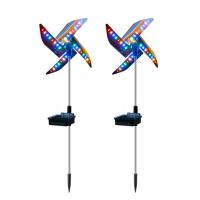
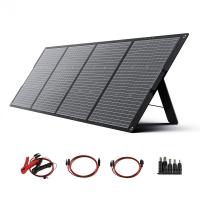
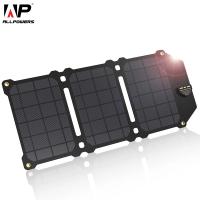
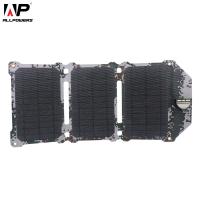
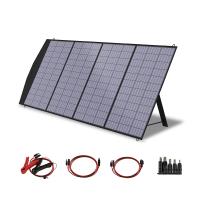
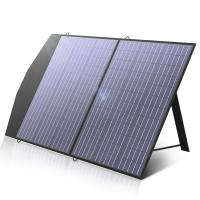
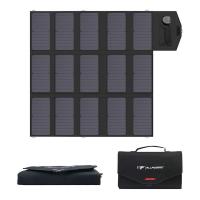
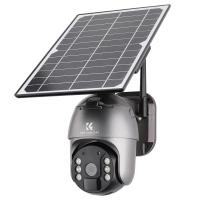
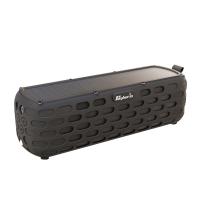
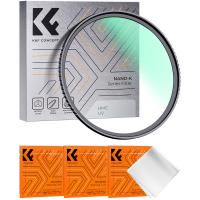
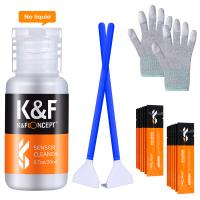
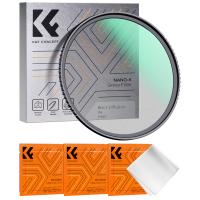

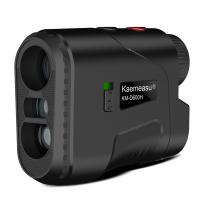

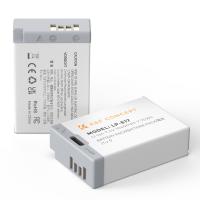
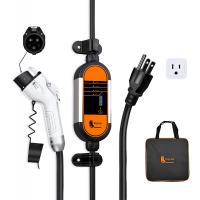
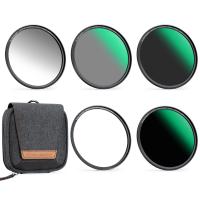
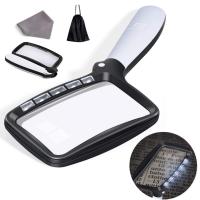
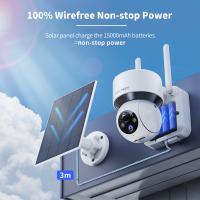
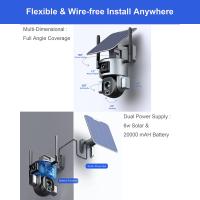



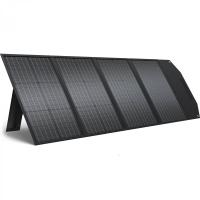
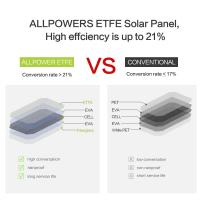
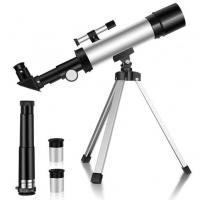


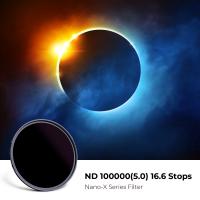






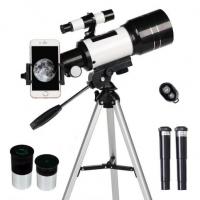

There are no comments for this blog.